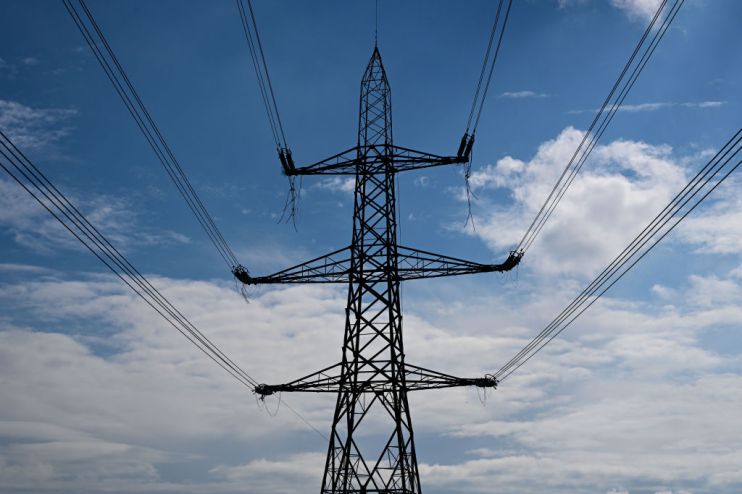Jeremy Hunt warned decarbonisation efforts need ‘greater urgency’

The former architect of Labour’s infrastructure planning policy has lashed out at the government to update the UK’s energy system to meet net zero targets on time.
A letter sent last week and seen by the Financial Times to Chancellor Jeremy Hunt and energy secretary Claire Coutinho from Sir John Armitt, chair of the National Infrastructure Commission, said that ministers need to “move faster” to enable businesses to access electricity infrastructure.
Armitt added that it was taking “too long” to decide on private investment support measures and that “greater urgency” was needed to accelerate hydrogen storage capabilities.
“To meet the needs of the power sector, we should be deploying hydrogen and gas CCS (carbon capture and storage) generation at a pace equivalent to the ‘dash for gas’,” Armitt said in his letter, referencing the rapid build-out of gas-fired power stations in the 1990s.
Armitt and the National Infrastructure Committee have previously pushed the construction of larger-scale plants around hydrogen and CCS on the road to net zero.
According to live-feed numbers from iamkate.com, a website tracking publicly-available data from the power network, 34.8 per cent of Great Britain’s energy mix over the last 12 months has come from non-fossil fuel sources, with 36.3 coming from renewables and 19.7 per cent from other sources.
The conservative government’s target of a de-carbonised electricity grid by 2035 was heavily targeted by the chancellor in the Autumn statement last year, with plans to “cut grid access delays by 90 per cent and offer up to £10,000 off electricity bills over 10 years”.
However businesses across the country are likely to still face roadblocks to scaling up thanks to grid access challenges.
Labour is even more bullish in its plans to deliver how the UK can access power, standing by its manifesto promise from 2022 to de-carbonise the grid by 2030.
But amidst wider concerns about Sir Keir Starmer’s party’s commitment to major energy spending in the wake of walking back his £28bn-a-year green plan, industry bodies including Renewable UK remain loud in their calls for clarity on the delivery roadmap.
Additionally, the National Grid itself is undergoing a transition period regarding how it draws on power supplies and further changes to the running of the system’s operations are expected before the end of this year.